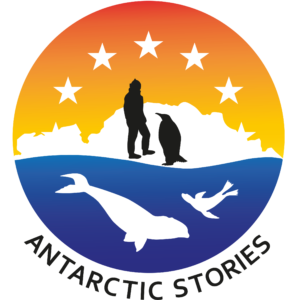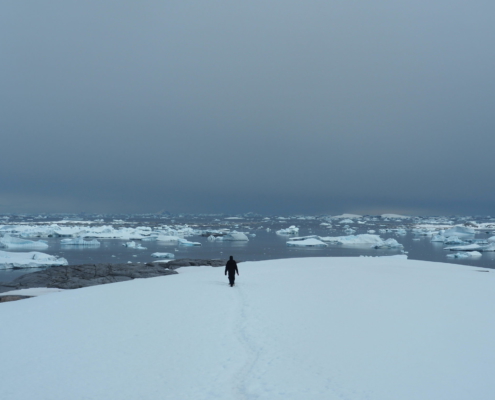
Antarctica’s meteorite mystery
Meteorites are dark coloured lumps of rock that fall from space to earth. They can be very small but on a continent covered in snow and ice, it's easy to see them. So you might think that makes Antarctica an ideal place for scientists looking…
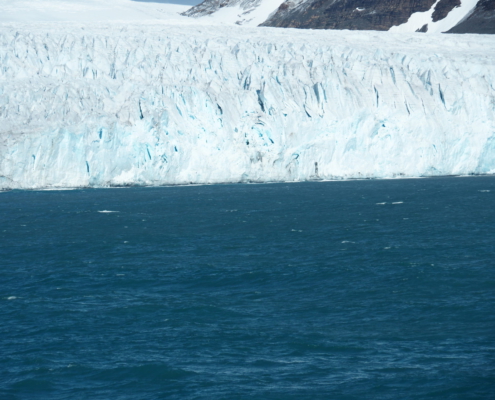
Ice shelves may disappear very rapidly
New research that examined the ridges on the sea bed in Antarctica suggests that floating ice shelves could melt back by 6 miles (about 10km) per year. Although some scientists dispute the findings of the study, if correct it could have major…
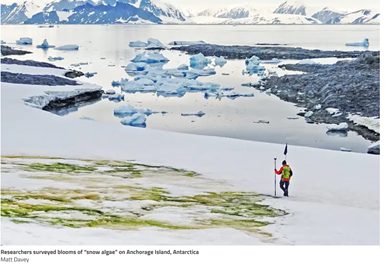
Parts of ‘White Continent’ turn green
As parts of Antarctica experience warmer weather, the snow is turning green. The colour is caused by blooms of algae which grow on the slushy snow, nourished by the nutrients in penguin droppings.
Scientists discovered the blooms on satellite…
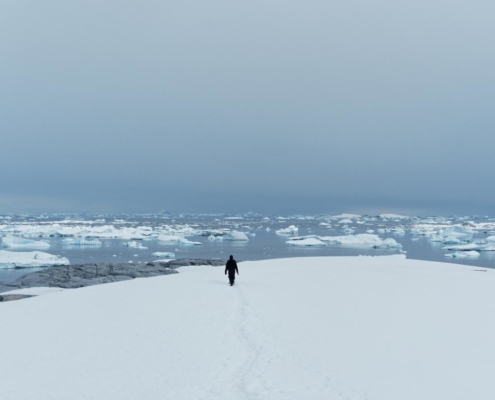
Antarctica in the time of corona virus
While millions of people around the world are coping with COVID-19 lockdowns, scientists and support staff in Antarctica are preparing to ‘lockdown’ for their winter isolation. They will be completely cut off from the rest of the world in…
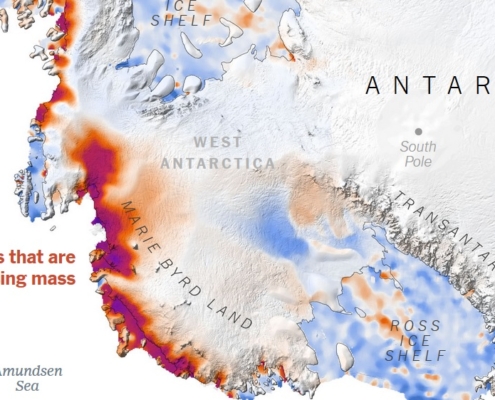 https://science.sciencemag.org/content/early/2020/04/29/science.aaz5845
https://science.sciencemag.org/content/early/2020/04/29/science.aaz5845Images show Antarctic ice loss in exceptional detail
Data from space is allowing scientists to understand ice loss in Antarctica as never before. The high resolution images are both beautiful and concerning, illustrating in great detail where ice is thinning.
See more here: https://www.nyt…
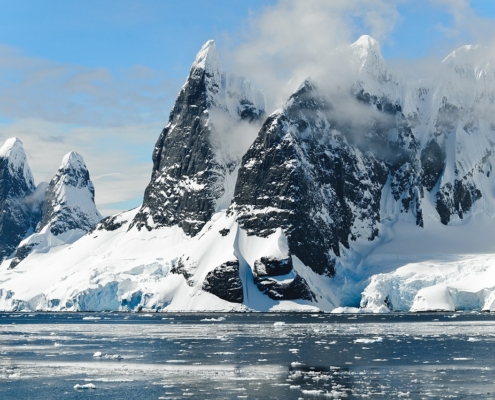
Microplastics found in 10 year old ice core
Scientists have found microplastics in an ice core taken from east Antarctica in 2009. It's not clear where the plastic came from. But it's possible that it is the result of local pollution from visitors to the continent (researchers and tourists) …
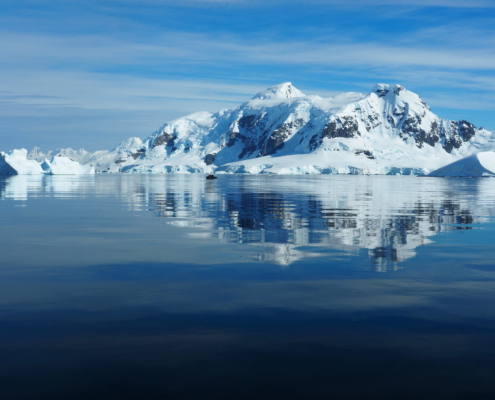
The sounds of sorrow and the sights of hope
In a remarkable article, UK Guardian journalist, Jonathan Watts, tells the story of his visit to Antarctica sponsored by Greenpeace. You can listen to his audio recording of icebergs melting. But also read about a wonderful encounter with a…
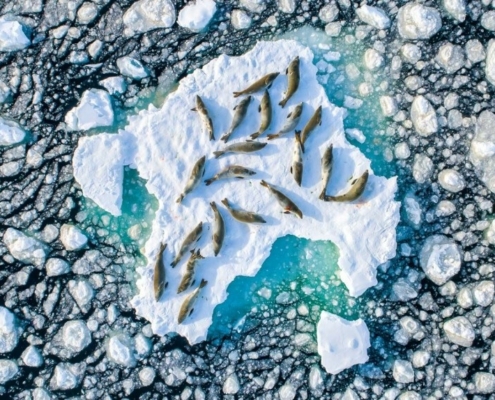
Antarctic seal photo wins prize
French photographer, Florian Ledoux, cares deeply about the Arctic and Antarctic. His photos show the wonder and fragility of the wildlife and the landscapes. His drone photo of crabeater seals recently won the Nature TTL Photographer of the…
 By Gregory "Slobirdr" Smith - Blue Whale (Balaenoptera musculus), CC BY-SA 2.0, https://commons.wikimedia.org/w/index.php?curid=40573659
By Gregory "Slobirdr" Smith - Blue Whale (Balaenoptera musculus), CC BY-SA 2.0, https://commons.wikimedia.org/w/index.php?curid=40573659Blue whales return!
Can we change things for the better? Here's a good news story to encourage anyone working to protect the wildlife of our planet.
A team led by the British Antarctic Survey spotted 55 blue whales on a recent expedition to South Georgia (a…

Blood-red snow as high temperatures persist in Antarctica
Some Northern parts of the 'White Continent' are turning red as high temperatures cause brightly coloured algal blooms. Although it's not a unique phenomenon, this 'raspberry' snow is another indication of the pressures on Antarctica's delicate…
